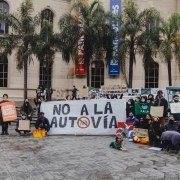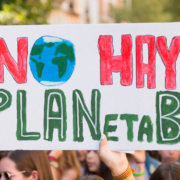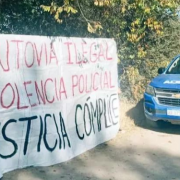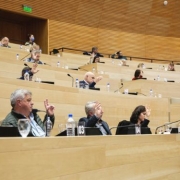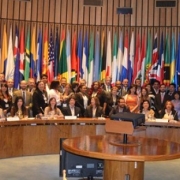The creation of the Agroecology Directorate at the national level was made official
On August 11, through a Resolution of the Official Gazette, the Ministry of Agriculture, Fisheries and Livestock defined its new organization chart and made official the creation of the National Directorate of Agroecology, which will be chaired by the agronomist Eduardo Cerdá who is the president of the National Network of Municipalities and Communities that Promote Agroecology (Renama). This direction will act under the orbit of the Secretariat of Food, Bioeconomy and Regional Development.
“Below, we offer a google translate version of the original article in Spanish. This translation may not be accurate but serves as a general presentation of the article. For more accurate information, please switch to the Spanish version of the website. In addition, feel free to directly contact in English the person mentioned at the bottom of this article with regards to this topic”.
The main objective of the directorate will be “to intervene in the design and implementation of policies, programs and projects that promote intensive and extensive primary production based on agroecology at all its scales, coordinating with producers, agrarian organizations and municipal and provincial governments.” To comply with this, it is expected, among other actions, the creation of a Strategic Plan of Productive Transition that contains the objectives, methodology and recipients for the agro-ecological implementation; and the granting of technical, credit and tax assistance to promote said activity.
This government decision is historic for our country, and is framed within the growing environmental crisis and the need to establish consistent public policies, such as the design of alternatives to the agricultural production model that prevails today. It is a decision that recognizes the approach that various farmer organizations have been developing for years, who have created alternatives to confront the hegemonic system. In addition, the current Minister of the Environment, Juan Cabandié, has repeatedly pointed out the risk that the use of pesticides and phytosanitary products entails in the health of the population and the environment, classifying them as “poisons”.

